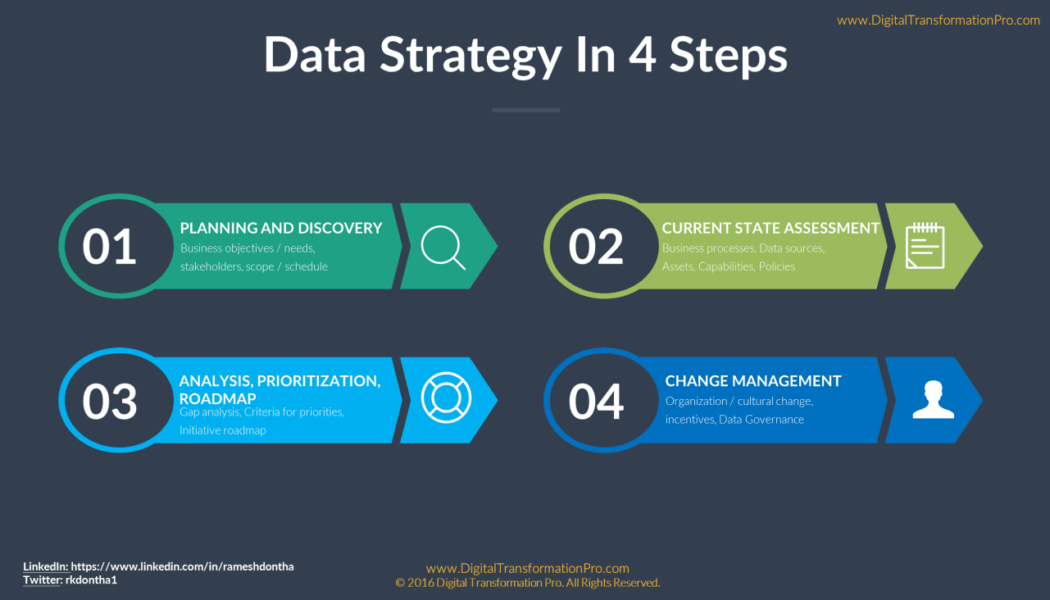Digital Transformation News
Every Digital Business Needs a Data Strategy
Sourced from TTEC.com Even though data has become one of the most critically important assets in an organisation, most companies have yet to align this with their business strategies. Not doing so results in an inability to identify and prioritise the interventions needed for growth and effectively measure their success. But doing so is not without its complexities. For the most part, a data strategy comes down to identifying and understanding the data that is being worked with. Having this in place can improve the way a company acquires, stores, manages, shares, and uses data. The underlying processes and the governance involved in how all this is managed are all key components of such a data strategy. Even if this is in place, the biggest obstacle is still on how to best integrate it wit...
How COVID-19 Has Changed E-Learning Forever
Image sourced from Entrepreneur. E-learning has changed. Much of this change is due to COVID-19, and there’s no going back to the way we were before, however, many organisations may want to do so. “COVID arrived and new technology came to the fore – like Zoom, Meets, Teams and so on. How did you upskill your people on it? Were they ready for it? Are you teaching people to get the best out of things like LinkedIn?” says Michael Gullan, CEO of corporate e-learning consultancy G&G Advocacy. “Executives may not be as equipped to deal with online networking now that physical networking events aren’t as common anymore. Can your C-Suite execs use these tools? Can your sales team?” Companies can no longer afford to see their e-learning as a grudge purchase or an afterthought, says Gullan. “Tha...
How Rwanda is Encouraging an Entire Generation of Women in Tech
Sourced from Women in Tech Africa. In 2020, Rwanda was the only African country ranked in the top 10 of the World Economic Forum’s Global Gender Gap Report. It ranked in the top four in the Report’s political empowerment category, in recognition of the high proportion of Rwandese women lawmakers and ministers. Rwanda, therefore, seemed a natural fit for a 2018 pilot programme of the African Development Bank’s Coding for Employment initiative, with Nigeria, Kenya, the Ivory Coast and Senegal. The Coding for Employment flagship programme is establishing 130 ICT centres for excellence in Africa, training 234,000 youths for employability and entrepreneurship to create over 9 million jobs. Hendrina C. Doroba, Manager in the Education, Human Capital and Employment Division at the Bank, explains ...







